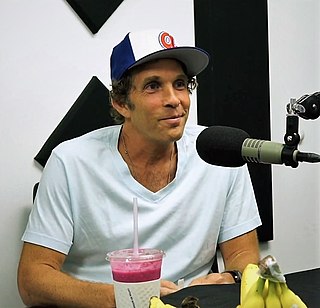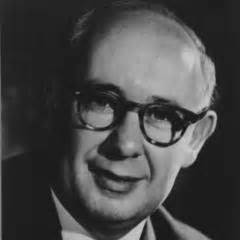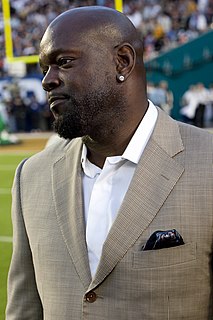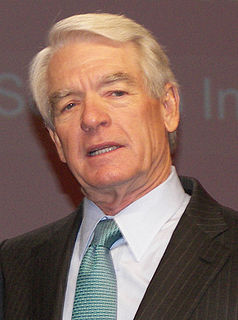A Quote by Jesse Itzler
I was networking every day from 21 to 28 years old. I sent 10 letters a day, which means I reached out to 3,000 people in a year.
Related Quotes
The 10,000-hours rule says that if you look at any kind of cognitively complex field, from playing chess to being a neurosurgeon, we see this incredibly consistent pattern that you cannot be good at that unless you practice for 10,000 hours, which is roughly ten years, if you think about four hours a day.
For a year after that was done to me I wept every day at the same hour and for the same space of time. That is not such a tragic thing as possibly it sounds to you. To those who are in prison tears are a part of every day's experience. A day in prison on which one does not weep is a day on which one's heart is hard, not a day on which one's heart is happy.
My mother sent me and my sisters to Italy every year for language school, so I spent a lot of my teenage years in Florence and Rome. After university I went to Harvard for a year, dropped out, and then went to Paris, where I ended up staying 10 years. It's different from being American: If you're British, you're expected to live at the far corners.



































